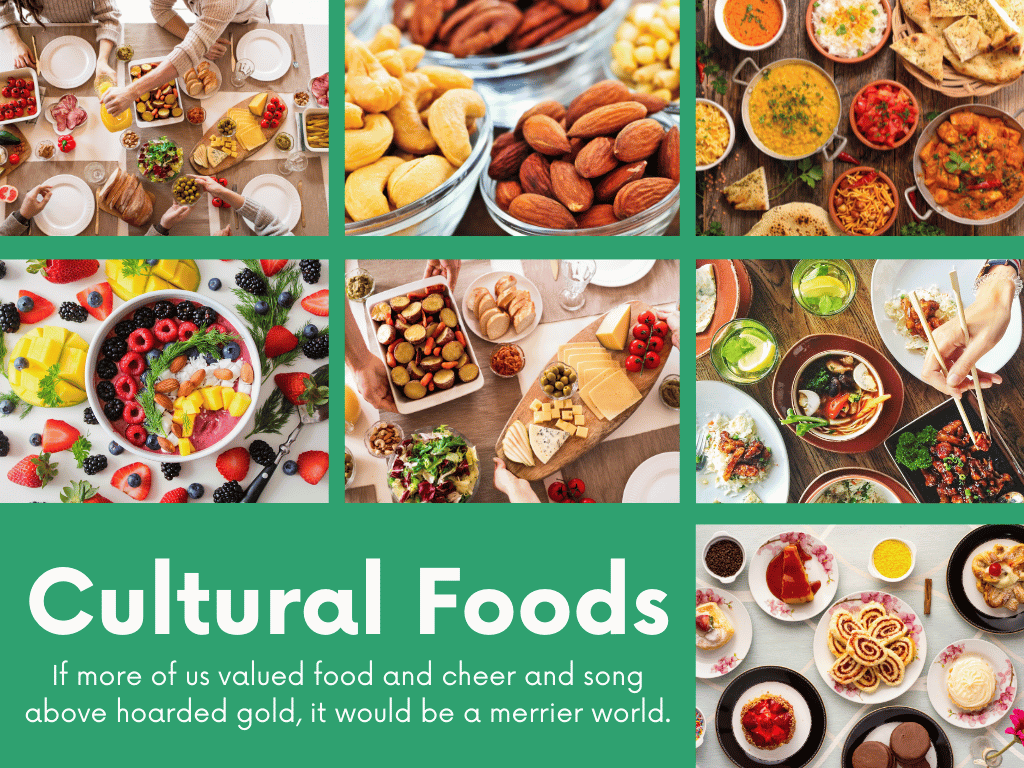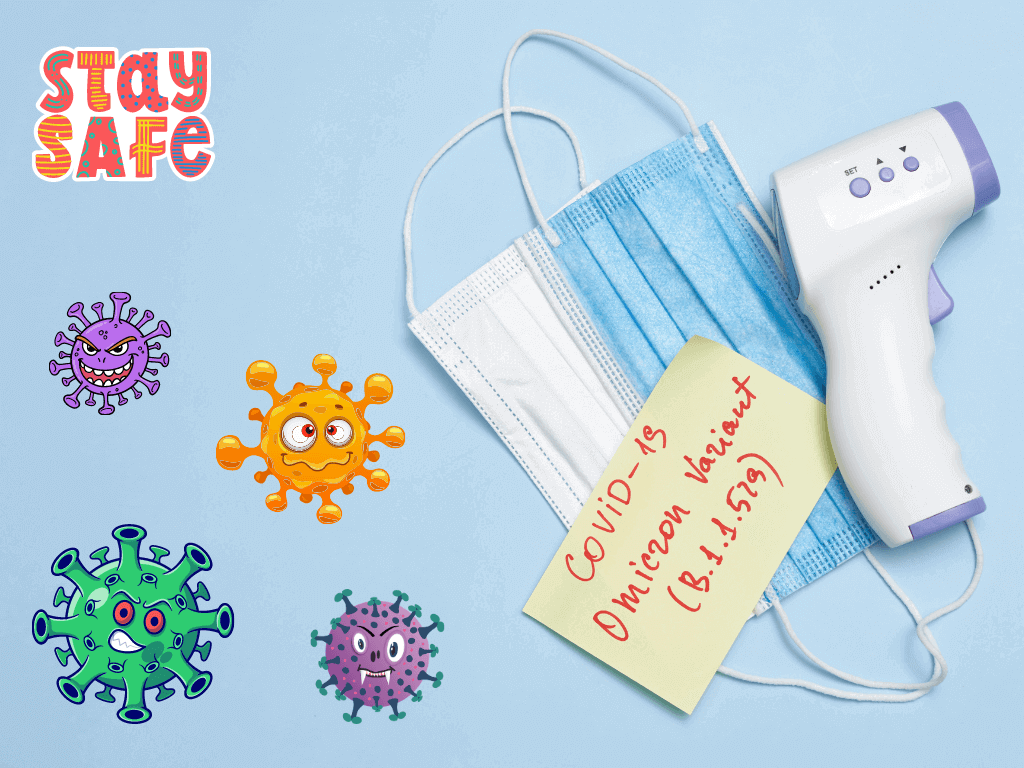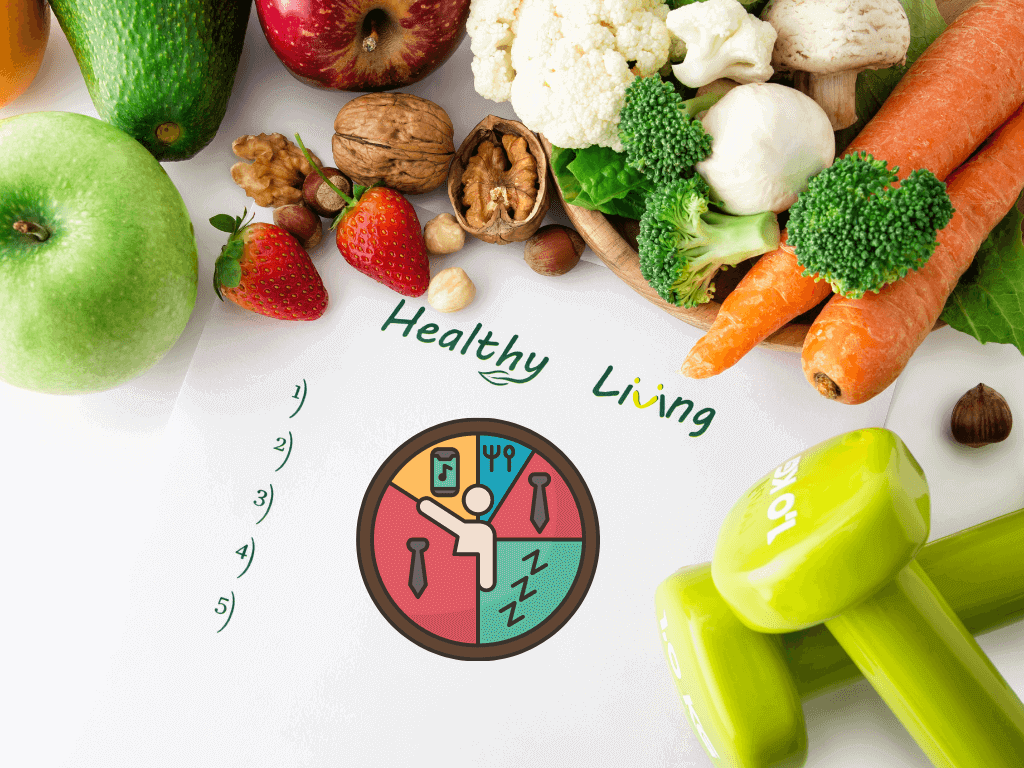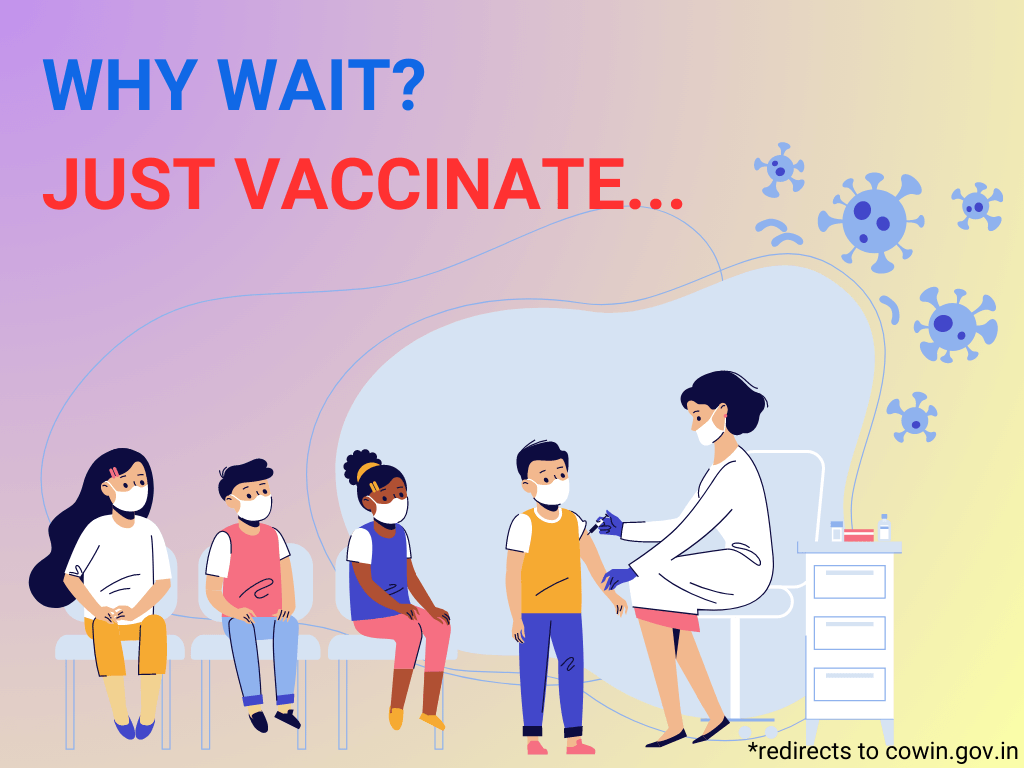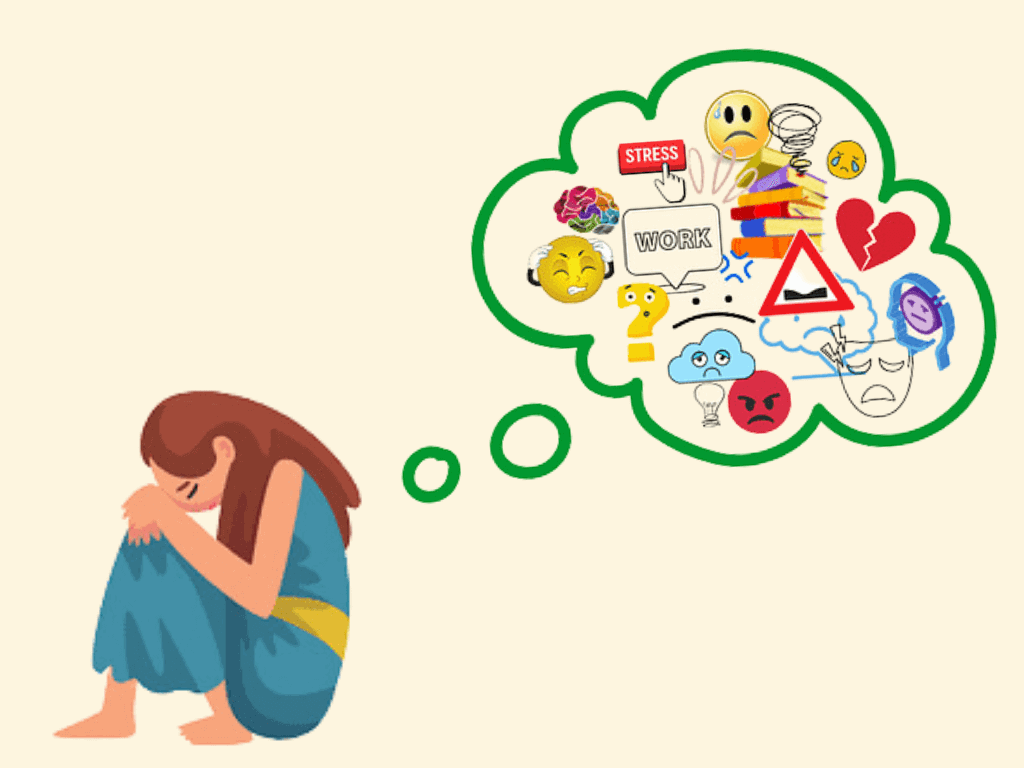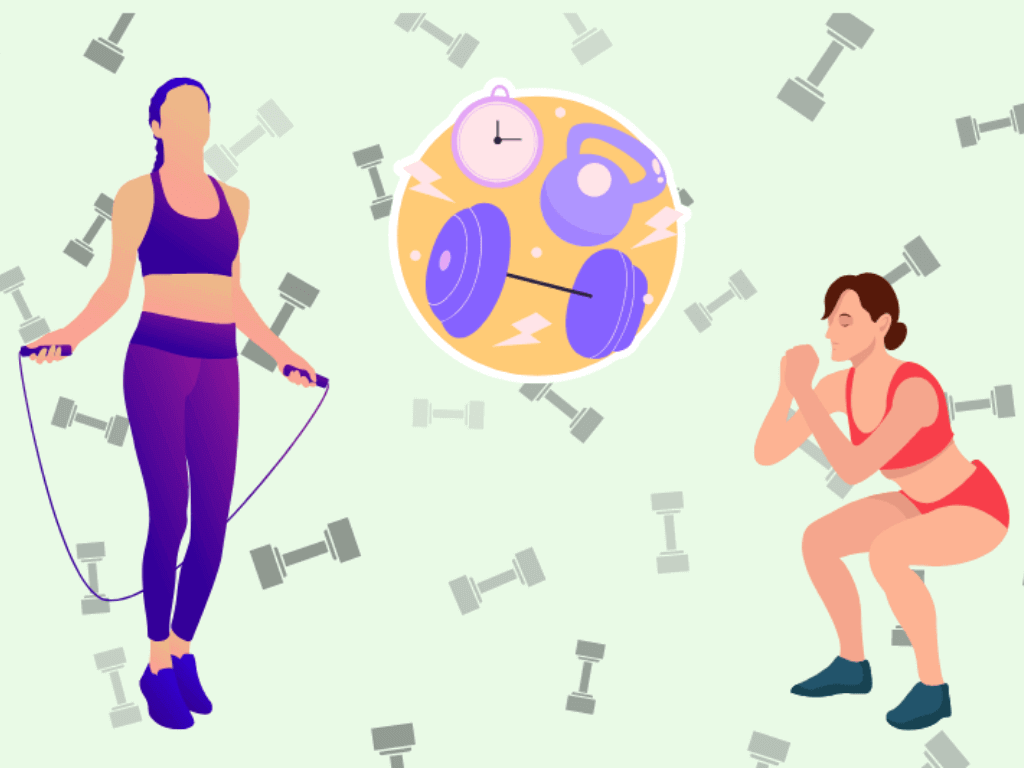Girl Child Education & Woman Empowerment
COLLABORATE WITH TO MAKE OUR PLANET, A HEALTHIER PLACE TO LIVE...
Girl Child Education & Woman Empowerment
Girls’ education goes beyond getting girls into school. It’s about assuring that girls learn and feel safe while in school; have the opportunity to achieve all levels of education gathering the knowledge and skills to compete in the labor market.
It is also about learning the socio-emotional and life skills necessary to navigate and adapt to a changing world, making decisions about their own lives, and contribute to their communities and the world.
Girls’ education is a strategic growth advantage. Educated women tend to be more informed about nutrition and healthcare and have fewer children. They often prefer to marry at a later age.
They are more likely to engage in the formal labor exchange and earn higher salaries. All these circumstances combined can help lift families, villages, and nations out of poverty.
According to UNESCO approximations, around the world, 132 million girls are out of education, including 34.3 million of elemental school age, 30 million of lower-secondary school age, and 67.4 million of upper-secondary school age.
In nations gripped by disputes, girls are more than twice as probable to be out of school as girls dwelling in non-affected nations.
Poverty is one of the most critical portions for deciding whether a girl can access and complete her study.
Violence also prevents girls from obtaining and completing education – often girls are compelled to walk long miles to academy putting them at a grown risk of violence and many encounter violence while at school. Most recent data figures that nearly 60 million girls are sexually assaulted on their way to or at school every year. This often has severe consequences for their psychic and physical well-being and overall well-being while also leading to reduced attendance and higher dropout rates.
Child marriage is also a critical hurdle. Girls who wed young are more likely to bunk school.
According to a recent report, more than 40,000 girls below the age of 18 marry every day.
Every day, girls face barriers to education caused by poverty, violence, poor infrastructure, cultural norms and fragility.
COVID-19 is posing a contrary impact on girls’ health and well-being – and several are at risk of not returning to school once it resumes. Available research reveals that the pervasiveness of violence against girls and ladies has progressed during the pandemic – jeopardizing their well-being and security. As school ends and quarantines were enforced through the 2014‐2016 Ebola outbreak in Africa, women and girls encountered more sexual disturbance and exploitation. School closures through the Ebola outbreak were correlated with an increase in adolescent pregnancies. Therefore, with the prevailing COVID-19 pandemic, we might see more misses than boys serving at home, lagging back with studying, and falling out of school.
Few of the movements actively supported by our team are,
- Provide the ticket to a better life: clean water.
- Support girls and women in crisis.
- Mentor a girl close to home.
- Use your voice to help keep girls in school.
- Help a new mom.
Connect to us for a detailed discussion.





































